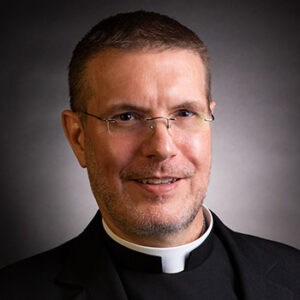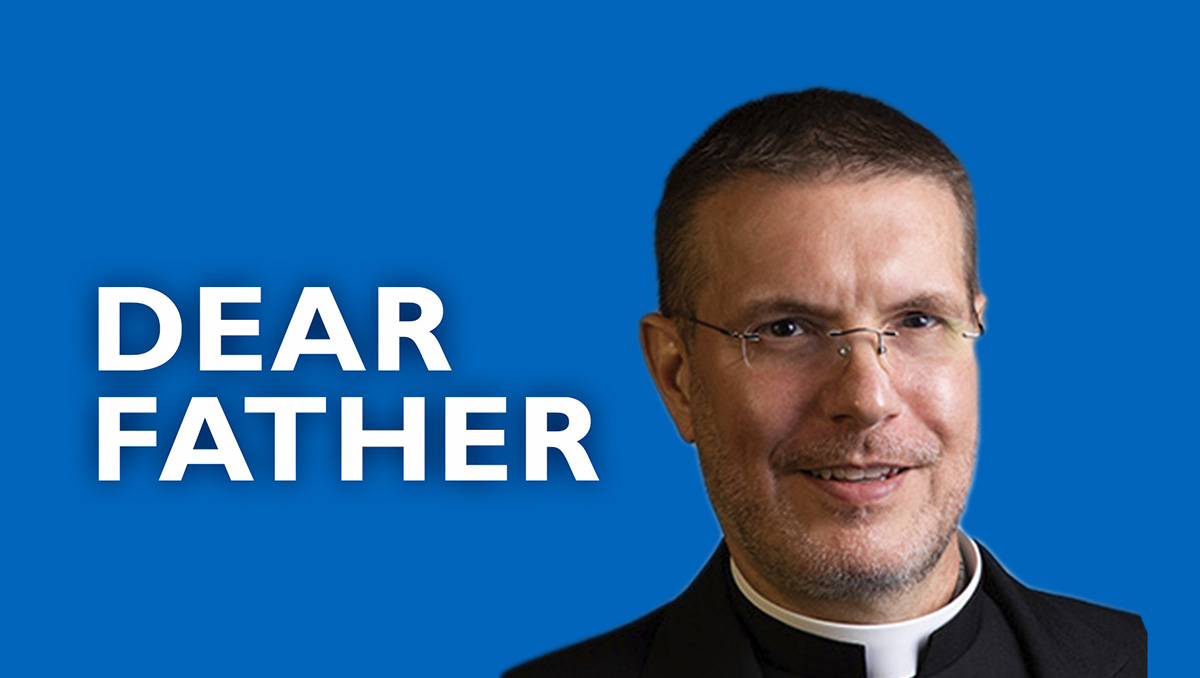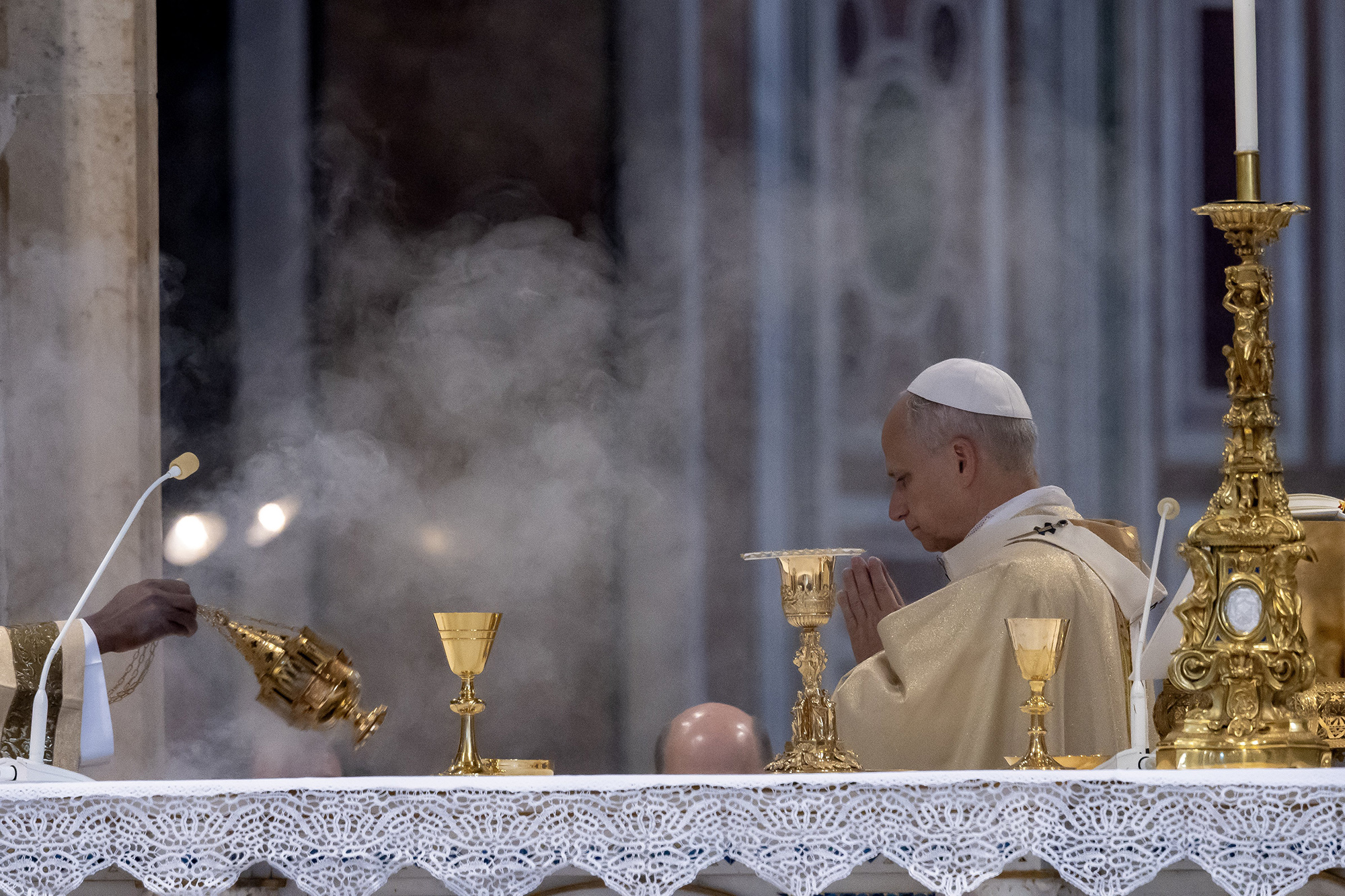DEAR FATHER | Canon law assists us in living our faith
Why is the Church so legalistic? I know a lot of people who have left the Church as a result.

I’ll never forget my first day of canon law class many years ago when I was a seminarian. My exposure to the Code of Canon Law was limited, and I was thoroughly intimidated by it. The professor was a religious sister with a lifetime of experience as a canon lawyer. Her very first words to us put my mind at ease: “The day will come when you will be sitting in your parish office facing a person who is caught up in a complicated moral situation. On the desk between you sits the Code of Canon Law. The one question you ask is, ‘How can this book set this person free to live the Gospel of Jesus Christ more fully?’ That’s the purpose of canon law. If you use it as a hammer to control someone or as a fence to separate them, then you have not only betrayed the law, you have betrayed the Gospel.” From that moment on, I came to appreciate canon law for what it is: a tool to assist us in living our faith.
For that reason, we should take canon law and all of the “rules” of our faith seriously. We don’t dispense with them lightly or for selfish reasons. At the same time, we must remember that Jesus provides the best model when it comes to observance of religious law. Jesus was a faithful Jew His entire life, yet many times He violated rules and norms for the sake of mercy. For example, when Jesus and His disciples were walking through a field on the sabbath and were hungry, they picked heads of grain and ate them (a clear violation of sabbath law). The Pharisees pointed this out to Jesus, who responded: “If you knew what this meant, I desire mercy, not sacrifice, you would not have condemned these innocent men” (Matthew 12:1-8).
At one time or another, we all encounter challenges to the law. For example, let’s say an elderly person on a fixed income invites us over for dinner on a Friday during Lent and, forgetting it is Lent, serves meat. We could certainly say, “Thank you, but it is Friday so I’ll just have the potato,” which would most likely embarrass our host. Alternatively, we could graciously eat what is set before us, trusting that God knows our contrite heart and penitential spirit. Which route would Jesus take, who was so frequently a guest in the homes of others?
Other situations are much more complicated and require discernment. Several times I’ve been asked by parents or grandparents if it is okay to attend the wedding of a child or grandchild whose marriage the Church will not recognize. There is no one-size-fits-all answer. I usually ask the question, “Does your child/grandchild know how seriously you take your faith, and that you wish they were following a different path?” If the answer is yes, then I respond, “They know where you stand, yet they have asked you to attend. If you refuse to go, will it sever your relationship with this young person, or devastate him/her?” If the answer to the second question is also yes, I encourage them to pray and discern what Jesus would do. There is no one answer, but if non-attendance inflicts a pain so deep that the young person rejects Christianity altogether, then any chance for later reconciliation with the Church may be lost as well. It is all about the salvation of souls, not a perfect observance of the law.
I would argue that the Church is not legalistic, but as fallen human beings, we can certainly practice our faith legalistically. It comes down to following the example of Jesus to the best of our ability in every moral situation that we face. If we are serious about our faith and want to please God above all else, then we do our best to discern God’s will and trust Him to lead us where He wants us to be.
Father Scott Jones is the episcopal vicar for the Northern Vicariate of the Archdiocese of St. Louis.




